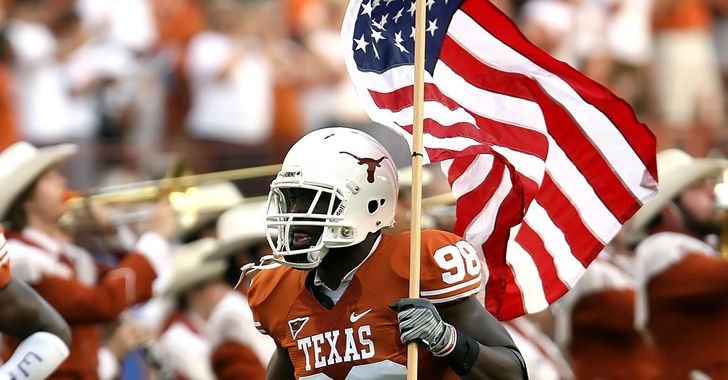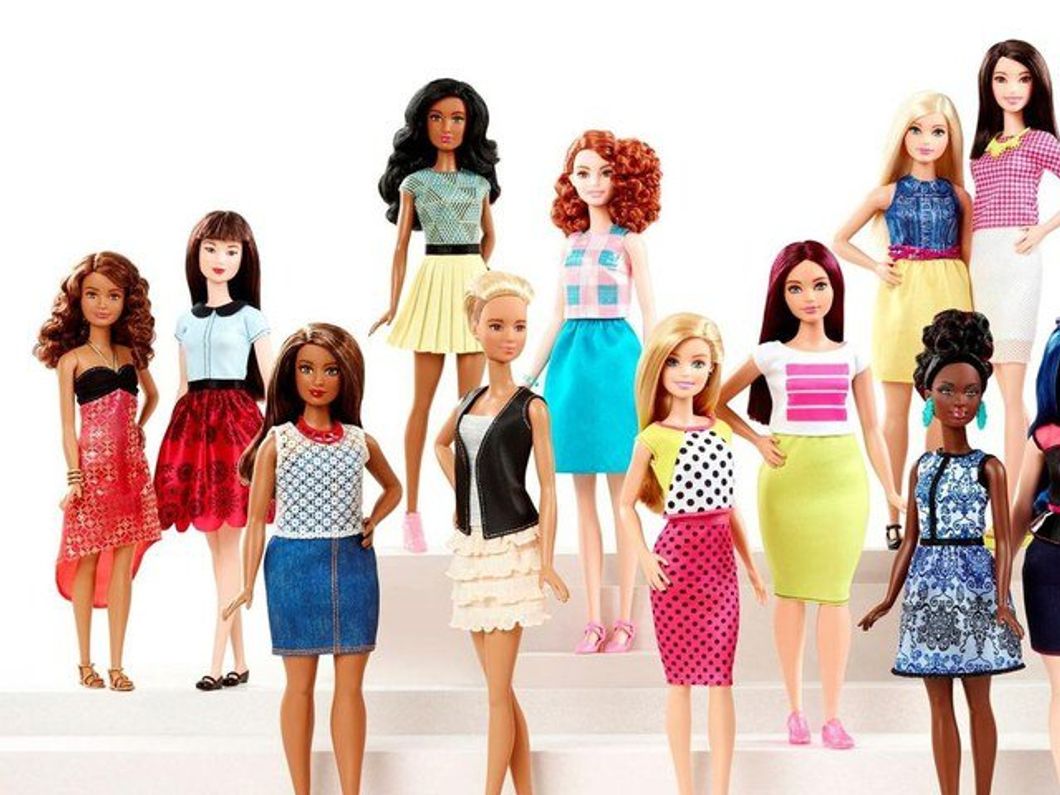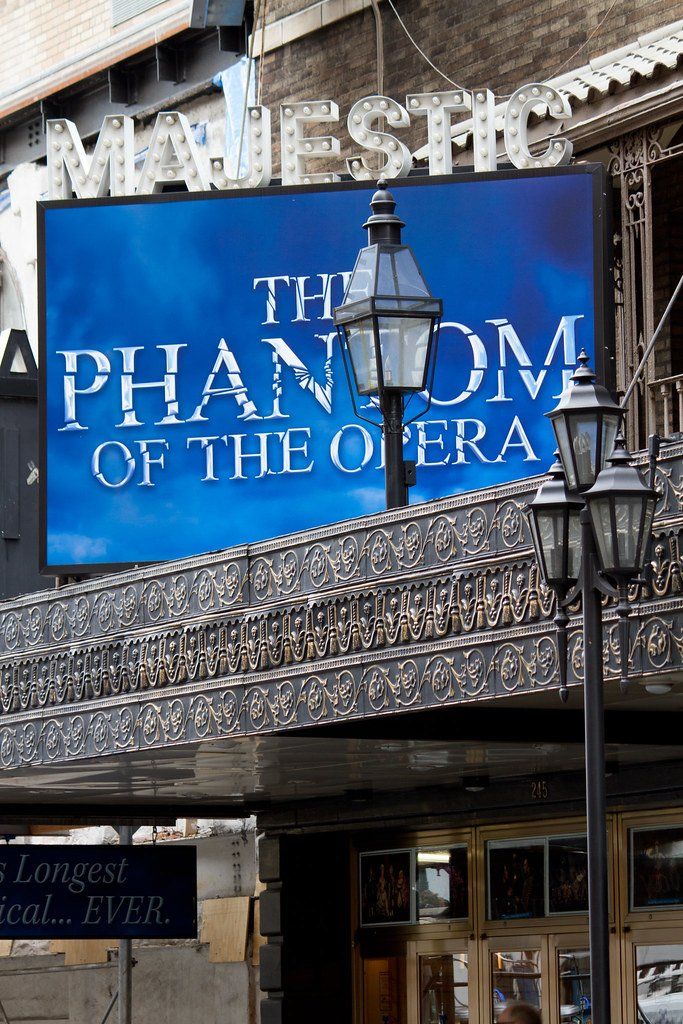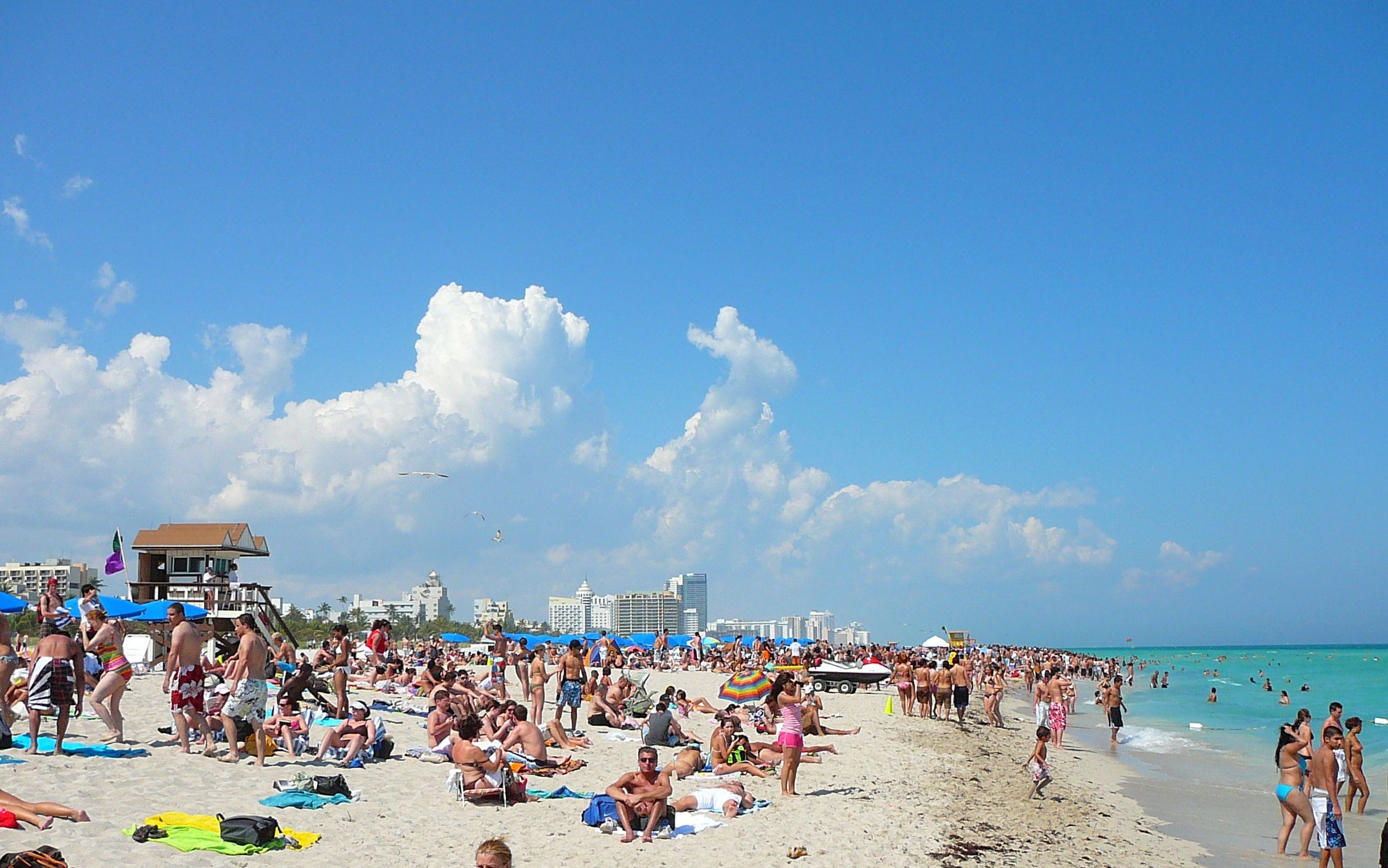On Sunday, May 24, protesters in Frankfort, KY, hanged an effigy of our governor, Andy Beshear, right outside of the Kentucky State Capitol. As soon as my mom read the breaking news about it on Facebook, she turned to me in shock and told me about it. At the time, I had already felt so overwhelmed by other bad news from the day that I was honestly afraid to let myself get even more upset by thinking too much about what she had just told me. All I could muster up to say to her was, “There's idiots everywhere. Karma will get them eventually."
At the time, I had assumed that the protesters were just more people upset about lockdown rules that the governor had put into place (like we saw at the Capitol earlier this month). Even though Kentucky has been lauded as a national leader in our handling of the COVID-19 pandemic — thanks in large part to Gov. Beshear's stellar leadership — many people have been under the impression that opening the economy is more crucial than the lives of people they say would “die anyway."
However, once I looked into this specific protest, I realized that, though the lockdown restrictions were a side focus, the protestors were there to argue for Second Amendment rights. Crowds of people marched toward the State Capitol, many with their pistols and other guns on them. They carried flags and signs and were heard chanting “Come out, Andy" outside the building.
In a video posted online by the Courier Journal's Sarah Ladd, a group of people is seen standing around while a man throws a rope over a tree limb before pulling the effigy up to be hanged. A sign hanging from it said “Sic semper tyrannis," meaning “Thus always to tyrants," a phrase said by John Wilkes Booth after assassinating Abraham Lincoln. The song "God Bless The U.S.A." Is playing in the background. A song about the beauty and freedom that our nation is capable of promoting, used as a backdrop for a hanging.
(The fact that nobody is wearing masks or practicing social distancing is fitting in how disturbing and careless it is in the midst of this mess.)
The most horrendous part? People brought their kids out to watch the effigy being hanged. Children were sitting in strollers mere feet away from a reenactment of one of American history's most despicable acts.
One man held up a sign — reminiscent of the fake, sensationalized ads and news targeting older audiences on Facebook — of a Jewish mother and child murdered by Nazis to show why gun confiscation shouldn't be allowed. Ironically enough, the man did not bother to capitalize the word "Jewish" when using their death to prove his misled argument.
For the record, Gov. Beshear stated during his campaign last fall that he would not support an assault rifle ban. He has also said that he is a Second Amendment supporter, and believes that mental health issues are what create dangers, rather than the ownership of guns themselves. The only additional gun control legislation he has proposed thus far are "red flag" laws, which allow for police to confiscate weapons from people deemed to be a danger to themselves or others. It is not clear whether yesterday's protestors had done research on Gov. Beshear's gun control stances because if they had, they would have seen that he agrees with their belief in their right to own and carry guns, and has only expressed interest in possibly taking guns away from people who are displaying harmful behaviors and could hurt others.
Many public figures — Republicans and Democrats alike — have spoken out, condemning the hateful acts that took place yesterday.
Kentucky Senator and Republican Senate Majority Leader Mitch McConnell stated, "As a strong defender of the First Amendment, I believe Americans have the right to peacefully protest... However, today's action toward Governor Beshear is unacceptable. There is no place for hate in Kentucky."
Charles Booker, one of the Democrats running for McConnell's seat this fall, wrote that the effigy is "not just [a] threat on his life, it's the fact that they demonstrated an act rooted in our history of racism." Booker went on to say, "I've had family lynched in Kentucky. This is vile and traumatic."
As a young Democrat growing up in Kentucky, I heard my peers say countless times over the years how they could not wait to get out of the South and to a place more accepting of their views. I don't think this way, though. I love the place I come from with my whole being. I love it because I know how incredible it can be. The overwhelming sense of togetherness throughout the Commonwealth during this pandemic has reminded me of our potential for greatness again and again.
We cannot afford to let ignorance and hate — institutional, intentional, or otherwise — force us backward. Nor should we want to.



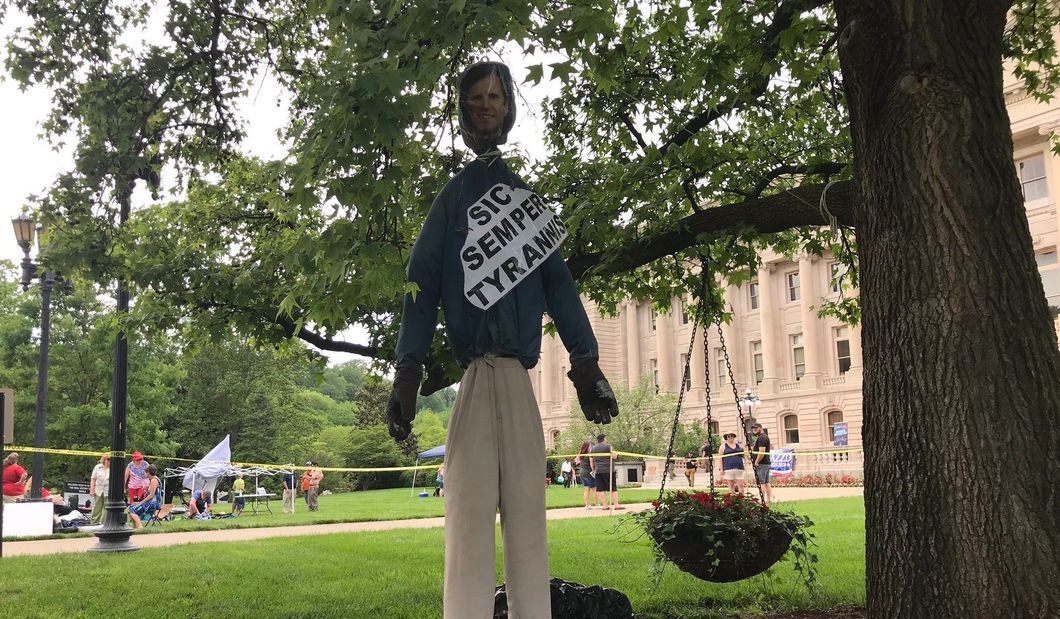


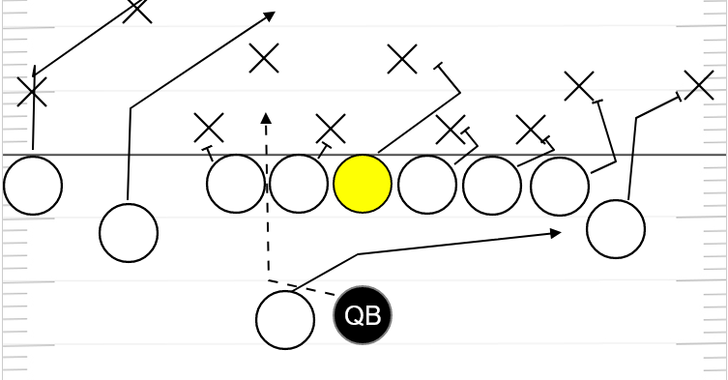

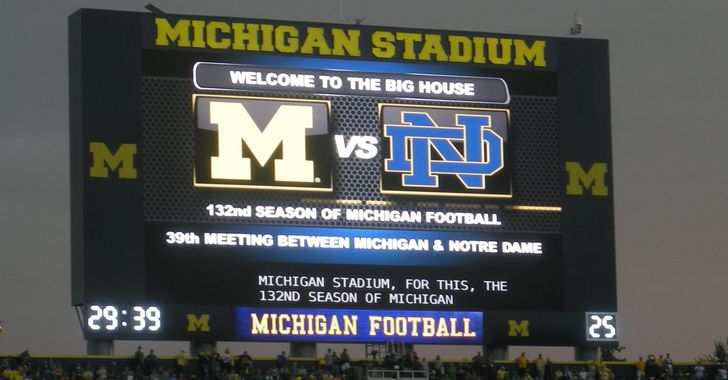
 Photo by
Photo by 